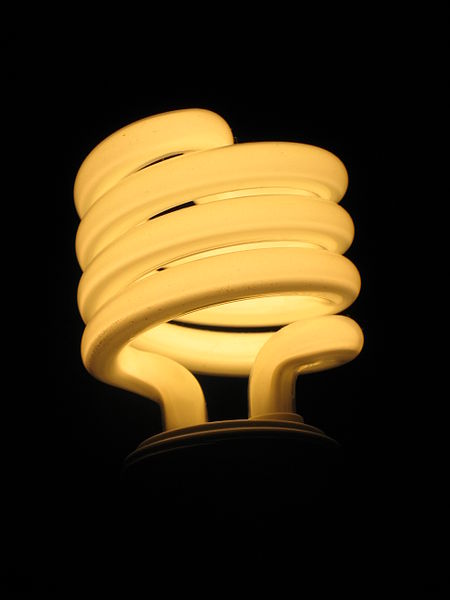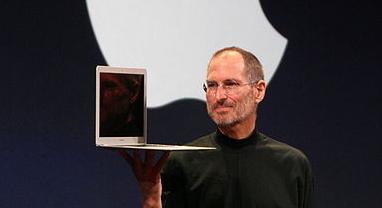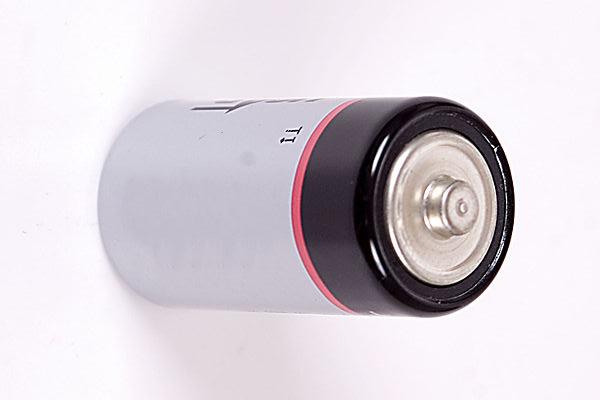Technology & Innovation
All Stories
The key to managing change in the modern world is not having all of the answers, but rather being able to ask the right questions.
Hulu, OpenTable, Rovio, Travelzoo, AOL’s ad network, Rovi, Twitter, NVIDIA, Sprint, and Salesforce. They are companies Business Insider tips Google might want to acquire next.
What does the launch of CrunchFund—and the fact that Mike Arrington is at its helm—spell for the future of TechCrunch? Paul Carr rejects claims of ethical violations.
German Chancellor Angela Merkel envisions a tight alliance of the 17 euro-zone members—one which would unify their fiscal, budgetary and social policies, creating a two-class club.
According to Sunni Brown, people don’t share the exact same mental models. If you want someone to see what you see, you have to show it to them, which is exactly what she does.
Despite having $8.3 billion, Steve Jobs isn’t a public philanthropist. Must iconic business people give away substantial portions of their wealth to become well-rounded leaders?
As nanodevices get smaller, they demand new fabrication methods. By turning a problem in into an advantage, M.I.T. researchers have made structures a mere 30 atoms wide.
Graphene, the strongest material on Earth, could help boost broadband internet speed. U.K. researchers have found a way to increase its sensitivity in optical communication systems.
A New York start up has engineered self-recharging batteries by placing small metal sheets on cell interiors which use the vibrations of the natural environment to generate electricity.
Probably not. But the virtual currency bitcoin could be a real alternative to government-issued money—only if it survives hoarding by speculators, says James Surowiecki.
Mark Gorton, perhaps best known for founding the peer-to-peer service LimeWire, wants to use technology to create bicycle sharing programs and make cities more livable places.
In a study of recent protests across the Arab world, Yale researcher Navid Hassanpour found that crowds became more active when access to social media was cut by the government.
In a few weeks, Obama will ask the Congress to give the economy another boost but what, if anything, should the American government do to help spur national economic growth?
Viral content is defined by authenticity, humor and controversy; NYU Stern Business School professor Scott Galloway wrote an email to a student that hit the trifecta. He now uses the experience as a digital media strategy lesson.
Inflation is Europe’s phantom menace. Its Central Bank’s obsession over rising prices has determined its fiscal and monetary policy to the detriment of overcoming the recession.
In the wake of the Arab Spring, China’s own Jasmine Revolution was quickly put down by authorities. Is the country capable of a spontaneous uprising on the scale of the Middle East?
Long seen as the heir apparent to Apple, Tim Cook will have a couple years during which Apple’s product line is more or less determined. But can he carry the company after that?
What if we could predict which businesses would survive, and which would crumble? Business author Michael Raynor explains his theory for identifying disruption and changing your industry.
Researchers at Cornell University have created a website that will hasten the adoption of 3-D printing by allowing users to create sculptures virtually and render them in physical form.
A new patent application from Apple signals the company’s intent to innovate wireless charging but the idea itself, an awkward charging tower, has critics scratching their heads.
Guy Kawasaki tells Big Think the secret to Apple’s success has been Steve Jobs’s ability to anticipate where the market will be heading, as opposed to simply reacting to where […]
A pair of Australian computer engineers is working to improve touch screen typing so the experience more closely parallels the touch typing that laptop and P.C. users are used to.
In the midst of a battle against cancer, Steve Jobs has resigned as C.E.O. of Apple, the company he saved from bankruptcy to lead the world market in creative computing devices.
While scheduled for termination in 2020, the International Space Station may outlive that date given sufficient private investment. Entrepreneurs are lining up for the new space race.
Scientists in the U.K. who run the world’s premier fusion lab are working to capture the same energy production process stars use in order to provide clean, unlimited amounts of energy.
George Taylor, an economist at Wharton School in the 1920’s, claimed there was an inverse relationship between the state of the economy and skirt lengths.
A federal court has made it easier for companies like Amazon and Google to create music databases in the cloud without violating record labels’ copyright provisions.
While the tech talk on Google’s acquisition of Motorola is all about patents, small business owner Gene Marks sees a nightmare of vertical integration ahead, forcing users to take sides.
A rebel victory in Libya would likely put added downward pressure on oil prices, which are already falling amid concerns about the slowing economy, experts say.
Is the battle for market share of the Internet a zero-sum game? Who will be the biggest winners and losers if and when Facebook becomes the de facto operating system of the Web?





























